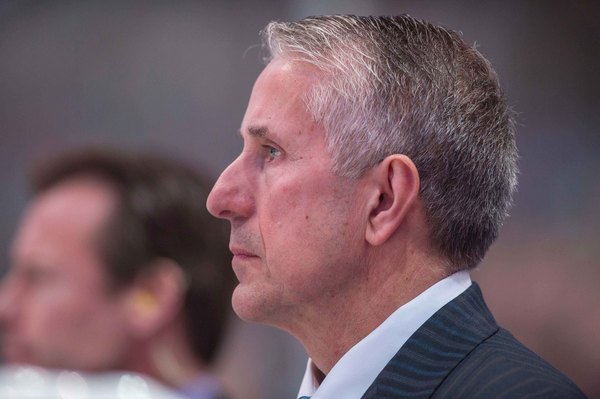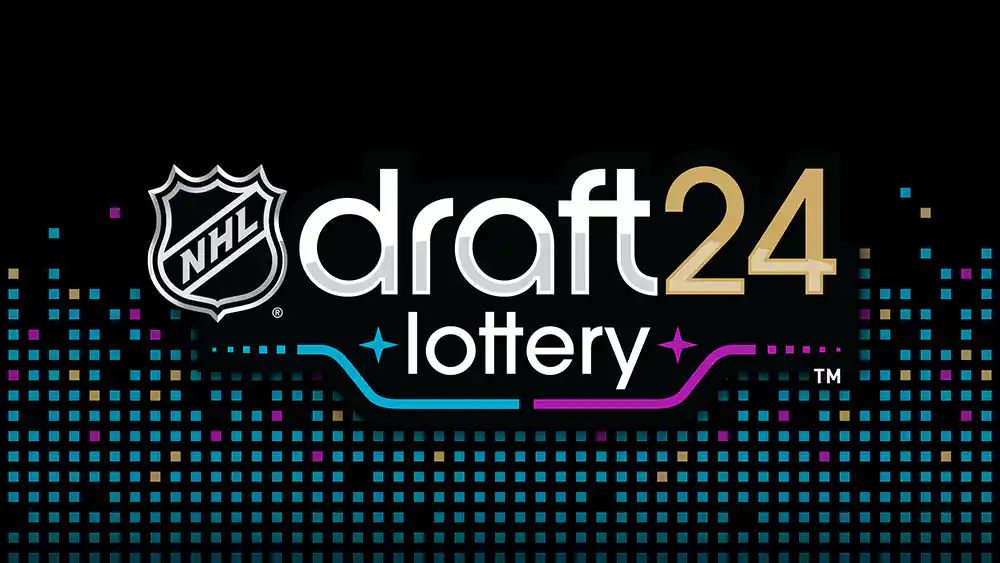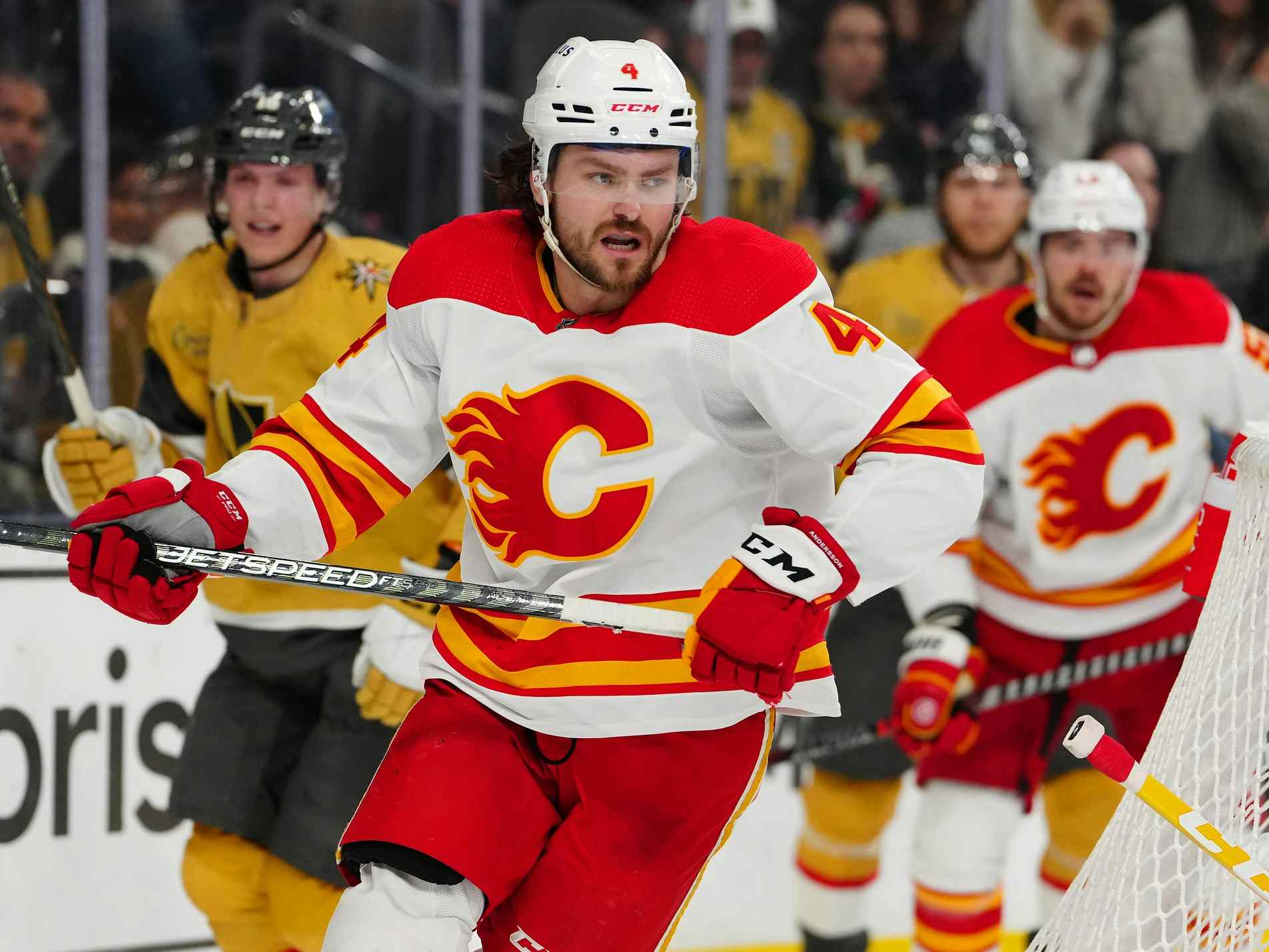Thoughts on Bob Hartley’s time with the Flames
By Ari Yanover
7 years ago
Photo credit: Jerome Miron/USA TODAY Sports
October 3, 2013.
Once the Flames finally committed to a rebuild, it was clear their on-ice style of play would have to change. Exit Jarome Iginla, off to chase a Stanley Cup with a better roster; enter Sean Monahan, prized sixth overall pick getting the chance to make an early impression.
The new era kicked off on Oct. 3, 2013, when the Flames opened their season in Washington D.C. The Capitals have, for the most part, been one of the NHL’s best teams in recent years, so to start the rebuild off with a slaughter wouldn’t have been unexpected.
That’s not what happened.
Bob Hartley’s first full season as Flames head coach saw his team get off to an impressive start. Sure, they lost 5-4 in a shootout – but it was the way they played that had me floored. After years of watching listless, pathetic, mailed in hockey, suddenly I was watching a non-stop, full throttled attack. The Flames came out of the first period with a 3-0 lead: something that had been unthinkable not too long before.
They relented, of course. With how hard the Flames were pushing, it would have been an impossible feat to see them keep that pace the entire game. But even as the Capitals went on to tie it and take their first victory of the season, the Flames never stopped being entertaining.
It was the first year of the rebuild. Losses were to be expected, but entertainment was not to be taken for granted.
Hartley may have been with the Flames during the lockout season, but things didn’t really get going until his first full season. And with the debut he had then, it was so easy to get behind him. Because the Flames might actually be fun to watch again.
#NeverQuit
Hartley was famed for having really difficult practices. It was a point of pride at times; particularly when Ladislav Smid came to the Flames roughly a month into the season and was subjected to one for the first time. Was Smid highlighting one of the problems in Edmonton, that they simply didn’t work hard enough? Was Hartley instilling an identity in the Flames the Oilers, several years into their perpetual rebuild by that point, had no hope of matching?
If you played for Hartley, you were going to work hard. And after years of watching the Flames appear to do just the opposite, it was a breath of fresh air.
But it didn’t get any fresher than the 2014-15 season, when everything went the Flames’ way. They needed a bounce? They got it. More importantly, they fell behind in the first two periods? They were prepared to come back in the third, and became notorious league-wide for pulling such nonsense.
How did they do it? One of the easiest answers to supply was hard work, and there was likely a fair amount of truth to that. The Flames were able to keep coming back, and even withstand an injury to Mark Giordano, make the playoffs, and win a round, because Hartley had instilled a work ethic into them.
Hartley had a few rookies and sophomores to ground his philosophies and style into, Monahan and Johnny Gaudreau being chief among them. Because of him, they learned how to become professionals: never take a shift off. And it’s part of how they defied expectations one season.
One season of demonstrably fluked progress isn’t enough, though. And for as hard as players worked, at times, it was too much. We saw Monahan overplayed, occasionally too gassed to backcheck properly. People simply can’t realistically give it 100% every time they go to work, even if they’re being paid a lot of money to play a game.
But boy, were they a fun team to watch.
Ebbs and flows
There were some things Hartley got right. Putting some rookies in a position to succeed. Uniting T.J. Brodie with Giordano on what quickly became not just the top defence pairing on the Flames, but arguably in the NHL.
There were plenty of things Hartley got wrong. Placing Mikael Backlund on the fourth line throughout the seasons, even after he’d already proven himself. A bizarre, unjustifiable infatuation with Joe Colborne. Insisting Deryk Engelland could be a top four defenceman without ever trying anyone else in the position. Insisting Lance Bouma could be a legitimate top six forward. Benching other rookies for no rhyme or reason, of particular note Sam Bennett in the playoffs. Playing multiple goons in the same lineup even with other options available. Refusing to properly utilize Dougie Hamilton and Michael Frolik throughout their first season in Calgary, even though they were two of the better players at his disposal. That one time he put Brandon Bollig on Gaudreau’s line, which I still can’t believe is a thing I actually saw happen.
And that doesn’t go into the league-worst special teams, the lack of structure in the defensive zone, the overall passivity that soon developed in the Flames’ game when they weren’t being exciting on the rush. The Flames became reactive, not proactive. Sometimes they created – but mostly they were left praying nothing bad would happen to them.
That famed work ethic that was, narratively, a big part of them making the playoffs; that won him a trophy? Gone. And when the main thing you’re known for, the primary reason you’re credited as being successful disappears, you aren’t going to have much of a future in the same spot.
That’s what happened to Hartley. He wasn’t known for systems play. He wasn’t known for special teams. He was known for getting the most out of his players. And at the start of his Flames career, that’s exactly what he did. But that kind of thing has a shelf life: particularly if you may have managed to disgruntle some of those under your tutelage along the way, perhaps in some examples described above.
Nothing lasts forever
So that’s that. Hartley joined the Flames with an identity in mind. He achieved that identity. And then the identity burnt out, right around the time Calgary needed to take the next step forward.
But for as frustrating as Hartley’s methods became over the course of his time as the Calgary Flames’ head coach, I’m not going to forget the breath of fresh air he brought for that first game of the 2013-14 season. Of just how much fun I had watching that game, and how – while the first on-ice year of the rebuild eventually did drag – for the most part, the team was not the chore it had been to watch in previous years.
There was nowhere else he could take this team after that. Not when the ghosts of 2013-15 faded, all the good moments they brought still compounding a team that desperately needed a change in direction to move forward.
When Hartley first joined the Flames, it was at the end of their already-shut window; a time when just making the playoffs would have been good enough.
Hartley leaves the Flames after having laid a foundation for the beginning of a new era, a time when just making the playoffs isn’t good enough at all. He bridged the gap.
Onwards.
Recent articles from Ari Yanover





